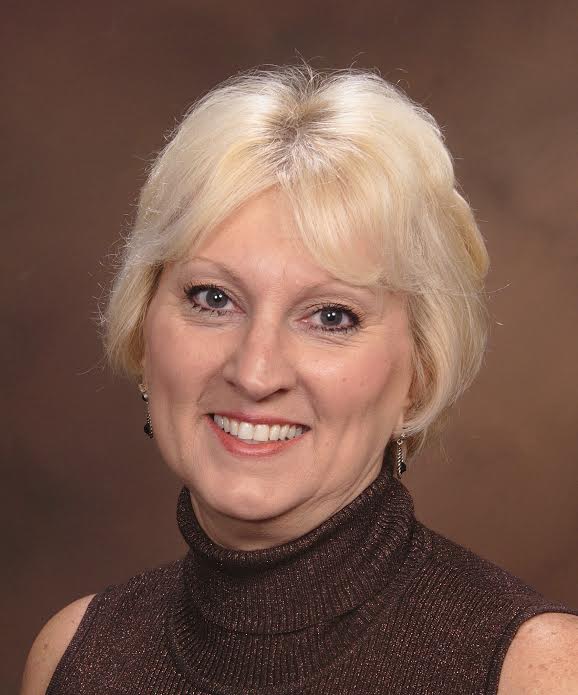Lions and Tigers and Bears … Oh My!

So many rules and regulations … how do you follow the Yellow Brick Road to Compliance? Unlike ethics, compliance is not in the eye of the beholder, nor is it open for interpretation, compliance means compliant to the rules and regulations governing your business.
“Loan originator organizations” have been dealt an immense set of rules that they must adhere to on a multitude of levels. Those levels consist of:
►Regulatory compliance (federal)
►Individual state compliance
►Corporate policy and procedure policy
►Corporate security policy
Lots of rules and regulations … every company, regardless of size, should have at least one compliance officer. For larger companies operating in multiple states, a director of compliance for every state the corporation is operating in; or a director with knowledge of multiple state rules and regulations.
The director should be trained in all legal aspects of the current state’s rules and regulations, and be able to articulate such rules on a monthly or bi-monthly time frame to all company CEOs CFOs, CIO and corporate directors, to be shared with all personnel, with an option for immediate action when required.
All loan officers should both understand and be aware of all rules and regulations, including federal, state, corporate rules and regulations, along with those of the corporate security policy. A corporate security policy is equally as important to have in place as a corporate policy handbook. Both corporate policies, along with security policies, should be re-disclosed and resigned by each employee annually. Which is not to say that each policy should be reviewed annually. My suggestion would be to review the corporate policy handbook bi-annually with enough preparation time to create any necessary changes prior to each employee’s annual resigning and acknowledgment of past policies along with the new ones. The corporate security policy should be reviewed no less than quarterly, if applicable, bi-monthly.
Technology, operating systems and the Internet are continuously changing. Fraudsters are abundant in this arena, therefore, added security measures to monitor your company’s security policy are imperative.
The Consumer Financial Protection Bureau (CFPB) issued final rules to be incorporated into the Dodd-Frank Act’s old rules with the new rules having taken effect Jan. 10, 2014. One of the concerning rules relating to loan officer compensation gives greater detail, along with demonstrations and examples. One of the key elements of the old rule was that a loan originator is prohibited from receiving compensation from both a borrower and the creditor. Gone are the days of charging a point and getting yield-spread premiums (YSPs) as well.
The existing compensation provisions within the Dodd-Frank Act were created to eliminate some of the most common incentives that LOs had historically used to increase their income at the expense of the consumer, by steering them into less advantageous loans. As per Dodd-Frank’s new ruling, an LO, for the purpose of compensation (including table-funding creditors), generally cannot receive commission that is based on:
►A term of a single loan transaction
►The terms of multiple transactions by originators
►The terms of multiple transactions by multiple loan originators, combined in an aggregate amount.
A transaction “term” is any right or obligation of the parties to a credit transaction, except for the amount of credit extend (CFPB, 2014). The final rule constitutes a “proxy” concerning the prohibition under the existing rule against basing compensation on a loan term or a proxy for a loan term. The Act also goes into detail to explain what factors are proxies for this rule.
In plain English, an LO has to be consistent in their fees to all consumers purchasing the same type of home in the same state. Different fees may apply to different states. The loan originator can no longer get paid 150 bps on one loan and 200 bps on another. The overage must stay with the branch, or maybe used to pay the consumers closing costs. All loans from that said branch must be priced similarly. Adding overage simply because you can is not an option, according to the Dodd-Frank Act.
I have heard of branches allowing individual LOs to choose their bps, for example, one loan originator may be getting 225 bps and another, one from the same company, may choose to get 175 bps. But that determination must stay with each loan originator for, at a minimum time period, in this case, this company is using a quarterly opportunity for change. This particular company sets the pricing engine for each LO based on what they chose for their market. Once the choice is made, that is the only pricing the LO may offer their clients.
It is not my intention in this article to rehash all of the compliance issues spelled out in detail in the lengthy ruling, but simply to mention a few key points. Disclaimer … I am neither an attorney nor am I interpreting the law, merely stating how I perceive the new rules to be. As a lender or mortgage brokerage firm, you should consult with legal counsel or your compliance officer for in-depth interpretation and rulings for your company. Your company may have a different business model, so rules need to be interpreted correctly based on your situation. Implementing a compliance plan is one of the first steps in achieving a successful business model.
Remember to keep all records relating to LO compensation for three years after the date of payment or receipt of compensation. You may review a copy of the Act on the CFPB’s Web site at www.comsumerfinance.gov/regulations. You may obtain additional facts at www.consumerfinance.gov/mortgage. You may also request e-mail updates by submitting your e-mail address within the “E-mail updates” box at www.consumerfinance.gov/regulations.
Accurately choosing your technology and accounting platforms, pricing engines, point of sale operating systems, loan origination software and cloud storage systems are all directly related with your company’s compliance. Training is a large component when implementing the above systems, across all departments.
It amazes me that in today’s technology savvy, social media world that many companies simply do not have a corporate security policy. The cost to have one prepared, designed and strategized with your C-Suite officers, directors and staff members will far outweigh the cost of any corporate security breach.
Included in the corporate security policy, I recommend having a strategy for crisis management in place. There are a number of crisis situations that can arise, some may be weather-related, a disgruntled employee, or an act of terror. Let’s say that a disaster hits the community, as well as the company. You need your key managers to be at the corporate office site or any other location important to managing the crisis, and implementing plans of action. But what if their families are at risk? Do you think they will show up as planned? Most likely not, but by having a strategy already in place that relocates key employees’ families to nearby hotels, or housing quarters will allow the employee to rest easier by attending to their duties within the corporate structure, will make your disaster plan work better.
Most fraud occurs in small- to mid-sized companies, often between friends, relatives and longtime employees. One of the most widely used fraud trick in accounting is ghost employees. Who is monitoring your list of employees … are you paying a ghost? These are two simple plans to put into place, there are many more.

Laura Burke is an author and trainer with 20-plus years of experience in the mortgage arena. She may be reached by e-mail at [email protected].
This article originally appeared in the June 2014 print edition of National Mortgage Professional Magazine.





